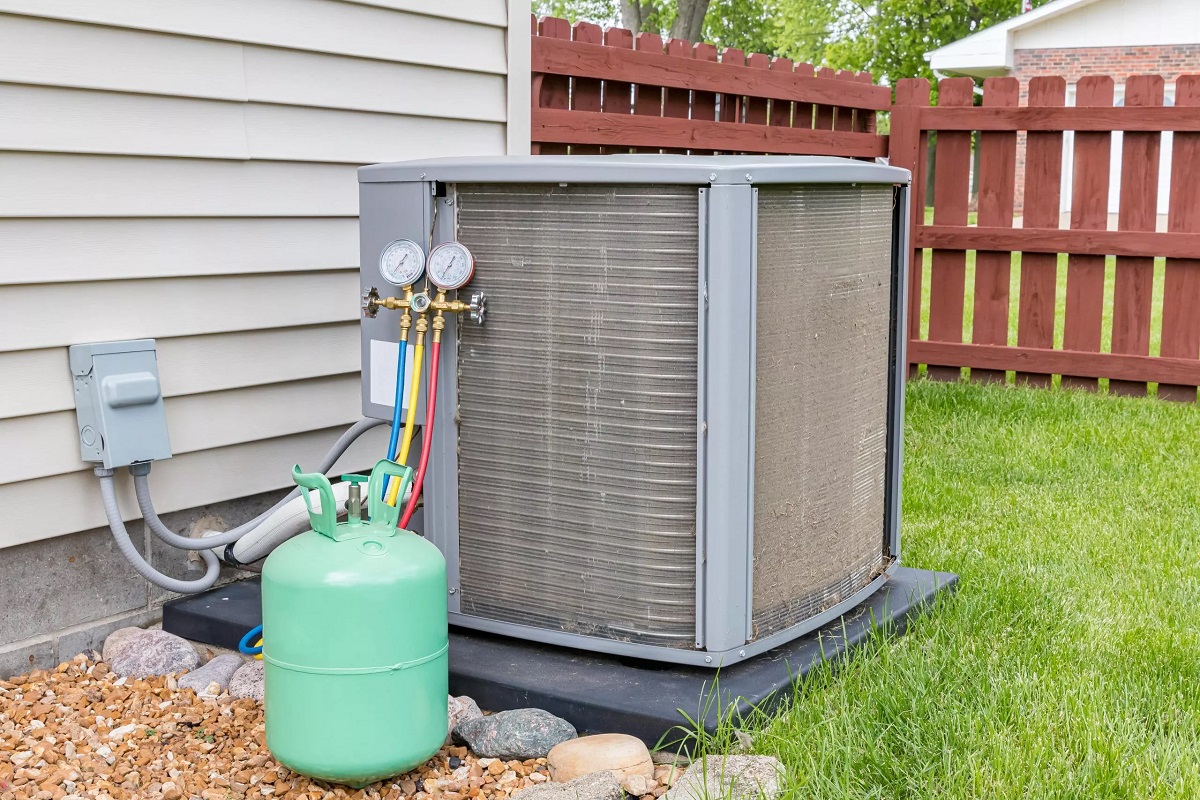

Articles
How Often To Recharge Home AC
Modified: October 18, 2024
Discover how often you should recharge your home AC system. Read our informative articles for expert tips and advice on AC maintenance.
(Many of the links in this article redirect to a specific reviewed product. Your purchase of these products through affiliate links helps to generate commission for Storables.com, at no extra cost. Learn more)
Introduction
As the summer months approach and the temperature rises, it is essential to have a properly functioning air conditioning system in your home. One common issue that homeowners may face is the need to recharge their home AC. Recharging refers to refilling the refrigerant in the AC unit, which is responsible for cooling the air.
In this article, we will explore the factors that can affect the need for recharging, the signs that indicate your home AC needs a recharge, and how often you should recharge your AC to maintain its optimal performance. We will also provide a step-by-step guide on how to recharge your home AC, ensuring that you can keep your living space cool and comfortable throughout the summer months.
Key Takeaways:
- Regular maintenance and professional inspections are crucial for keeping your home AC in top condition and preventing the need for frequent recharging. Stay proactive to ensure efficient and long-lasting performance.
- Recognizing signs of low refrigerant levels and addressing them promptly can help prevent major AC issues. Consult a professional technician for safe and accurate recharging when necessary.
Read more: How Often To Recharge AC In Car
Factors affecting the need for recharging
There are several factors that can contribute to the need for recharging your home AC. Understanding these factors can help you determine whether or not your AC requires a recharge. Let’s take a look at some of the key factors:
- Age of the AC unit: The age of your AC unit can determine how frequently it needs to be recharged. Older units tend to require recharging more often as the refrigerant may leak over time.
- Refrigerant leaks: Leaks in the refrigerant lines can cause a loss of refrigerant and lead to the need for a recharge. These leaks can occur due to corrosion, normal wear and tear, or damage to the AC unit.
- Poor installation: If your AC unit was not installed properly, it can result in refrigerant leaks. It is important to hire a professional HVAC technician for the installation to ensure that it is done correctly.
- Usage patterns: The frequency of AC usage can affect the need for recharging. If you use your AC for extended periods or if you consistently run it at a low temperature, it can put additional strain on the unit and result in the need for recharging.
- Environmental factors: Environmental conditions such as extreme heat, humidity, or exposure to contaminants can impact the performance of your AC unit and increase the likelihood of needing a recharge.
It is important to keep in mind that these factors can vary from one AC unit to another. Therefore, it is always recommended to consult the manufacturer’s guidelines and seek professional advice to determine the specific requirements of your home AC.
Signs that your home AC needs to be recharged
Recognizing the signs that your home AC needs to be recharged is crucial in maintaining its optimal performance. Here are some common indicators that your AC may need a recharge:
- Warm air blowing: If you notice that the air coming out of your vents is not as cool as it used to be, it could be an indication that your AC needs a recharge. Insufficient refrigerant levels can prevent the air from being cooled effectively.
- Poor airflow: Reduced airflow from the vents can be a sign of low refrigerant levels. If you notice weak airflow or inconsistent cooling in different areas of your home, it may be time to recharge your AC.
- Frequent cycling: If your AC is frequently turning on and off in short cycles, it could be due to insufficient refrigerant. When refrigerant levels are low, the AC may have to work harder to cool your home, resulting in this erratic behavior.
- Ice buildup: Ice formation on the evaporator coil or refrigerant lines is a clear sign that something is wrong with your AC. Low refrigerant levels can cause the coil to freeze, hindering the cooling process. If you notice ice buildup, it is important to address the issue promptly.
- Increased energy bills: A sudden increase in your energy bills without a significant change in your AC usage could indicate that your AC is not operating efficiently. If your AC is low on refrigerant, it may consume more energy to achieve the desired cooling, leading to higher energy costs.
- Strange noises: Unusual sounds, such as hissing or bubbling noises coming from your AC unit, may indicate a refrigerant leak. If you hear any strange noises, it is advisable to contact a professional HVAC technician for a thorough inspection.
It is important to note that while these symptoms may indicate the need for a recharge, they could also be signs of other underlying issues. Therefore, it is always best to consult a qualified HVAC technician who can diagnose the problem accurately and recommend the appropriate course of action.
It is recommended to recharge your home AC every 1-2 years to ensure optimal performance and efficiency. However, if you notice a decrease in cooling capacity, it may need to be recharged sooner.
How often to recharge the home AC
The frequency at which you need to recharge your home AC depends on various factors, including the age of the unit, its condition, usage patterns, and environmental factors. Generally, a well-maintained AC unit should not require frequent recharging. However, it is advisable to keep an eye out for any signs of low refrigerant levels and address the issue promptly.
As a general guideline, it is recommended to have your AC unit inspected and serviced by a professional HVAC technician at least once a year. During this maintenance visit, the technician will check the refrigerant levels and top it off if necessary. This regular maintenance can help prevent major issues and ensure that your AC operates efficiently.
However, if you notice any of the signs mentioned earlier, such as warm air blowing or ice buildup, it is essential to have your AC checked immediately. In such cases, recharging may be required to restore the proper functioning of the unit. It is important not to ignore these signs, as low refrigerant levels can lead to further damage to your AC system and result in costly repairs.
Additionally, it is crucial to follow the manufacturer’s guidelines for your specific AC unit. Some manufacturers may recommend more frequent maintenance or recharge intervals based on their product specifications. Consult the owner’s manual or contact the manufacturer directly for more information on the recommended maintenance schedule for your AC.
Remember, prevention is key when it comes to maintaining your home AC. Regular maintenance, including cleaning or replacing air filters, keeping the outdoor unit clear of debris, and scheduling professional inspections, can help prolong the lifespan of your AC unit and minimize the need for frequent recharging.
By staying proactive and attentive to the needs of your AC system, you can ensure that it operates efficiently, keeps your home cool and comfortable, and avoids any unnecessary repair costs.
Steps to recharge the home AC
Recharging your home AC should be done by a certified HVAC technician who has the knowledge and experience to handle refrigerants safely. However, it’s still useful to understand the general steps involved in the process. Here are the typical steps to recharge your home AC:
- Turn off the AC: Start by turning off the power to your AC unit. This ensures your safety and prevents any accidental operation during the recharge process.
- Locate the service valves: The technician will locate the service valves on your AC unit. These valves are typically located at the outdoor unit or in a service panel near the unit.
- Attach the refrigerant manifold gauges: The technician will attach refrigerant manifold gauges to the service valves. These gauges allow for pressure readings and help monitor the recharge process.
- Perform a pressure test: Before adding refrigerant, the technician will perform a pressure test to determine if there are any leaks in the system. This step is essential to identify and fix any leaks before recharging the AC.
- Evacuate refrigerant: If there are no leaks detected, the technician will evacuate any remaining refrigerant from the system. This ensures that the AC unit is ready to receive the new refrigerant.
- Add new refrigerant: The technician will then connect the refrigerant canister or tank to the manifold gauges and slowly add the appropriate amount of refrigerant into the system. This is done carefully to avoid overcharging or undercharging the unit.
- Monitor pressure and temperature: Throughout the recharge process, the technician will monitor the pressure and temperature readings on the manifold gauges. This ensures that the system is receiving the proper amount of refrigerant and is operating within safe parameters.
- Complete the recharge: Once the proper amount of refrigerant has been added and the pressure and temperature levels stabilize, the technician will close the service valves and disconnect the manifold gauges.
- Test the AC: Finally, the technician will turn on the AC unit and check that it is cooling properly. They may also perform additional tests to ensure that the system is functioning optimally.
It is important to note that recharging the AC involves handling refrigerants, which should only be done by certified professionals. Refrigerants are hazardous substances and require proper knowledge and equipment for safe handling. Attempting to recharge the AC on your own without the necessary expertise can not only damage the unit but also pose serious health and safety risks.
Therefore, always rely on qualified HVAC technicians to recharge your home AC and follow their guidance and recommendations for regular maintenance to keep your AC system in top condition.
Read more: How To Recharge An AC System
Conclusion
Maintaining a properly functioning air conditioning system is essential for a comfortable and cool living environment, especially during the hot summer months. Recharging your home AC when necessary is an important aspect of AC maintenance that ensures optimal performance and energy efficiency.
In this article, we discussed the factors that can affect the need for recharging, including the age of the AC unit, refrigerant leaks, poor installation, usage patterns, and environmental factors. By understanding these factors, you can better determine when your AC might require a recharge.
We also explored the signs that indicate your home AC needs to be recharged, such as warm air blowing, poor airflow, frequent cycling, ice buildup, increased energy bills, and strange noises. Recognizing these signs can help you take timely action to address the issue and prevent any further damage to your AC system.
When it comes to how often to recharge your home AC, regular maintenance is key. Scheduling annual inspections and following the manufacturer’s guidelines can help identify and address low refrigerant levels before they become a major issue. It is always best to consult a professional HVAC technician for expert guidance and assistance.
If your AC does require a recharge, it should always be done by a certified technician. Recharging your AC involves handling refrigerants, which can be hazardous. Certified technicians have the knowledge, experience, and equipment to safely and accurately recharge your AC system.
Remember, prevention is always better than cure. By properly maintaining your home AC and addressing any issues promptly, you can extend the lifespan of your unit, improve energy efficiency, and enjoy cool and comfortable indoor living throughout the summer months.
So, keep an eye out for the signs, schedule regular maintenance, and rely on professionals for any AC recharge needs. With proper care and attention, you can ensure that your home AC keeps you cool and comfortable for years to come.
Frequently Asked Questions about How Often To Recharge Home AC
Was this page helpful?
At Storables.com, we guarantee accurate and reliable information. Our content, validated by Expert Board Contributors, is crafted following stringent Editorial Policies. We're committed to providing you with well-researched, expert-backed insights for all your informational needs.
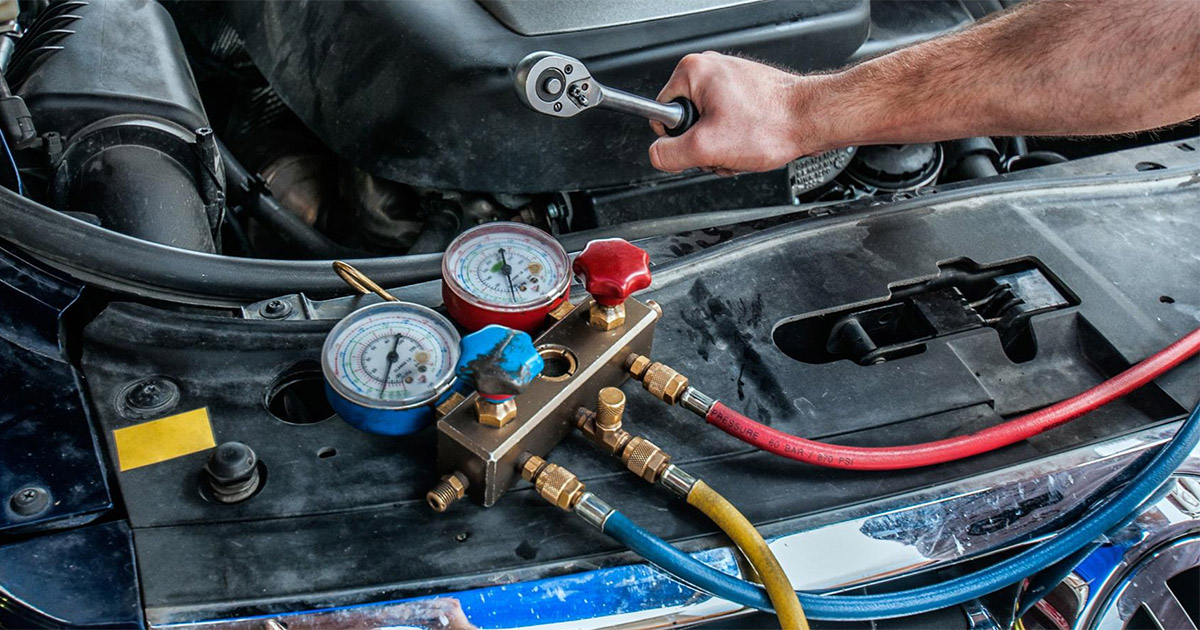
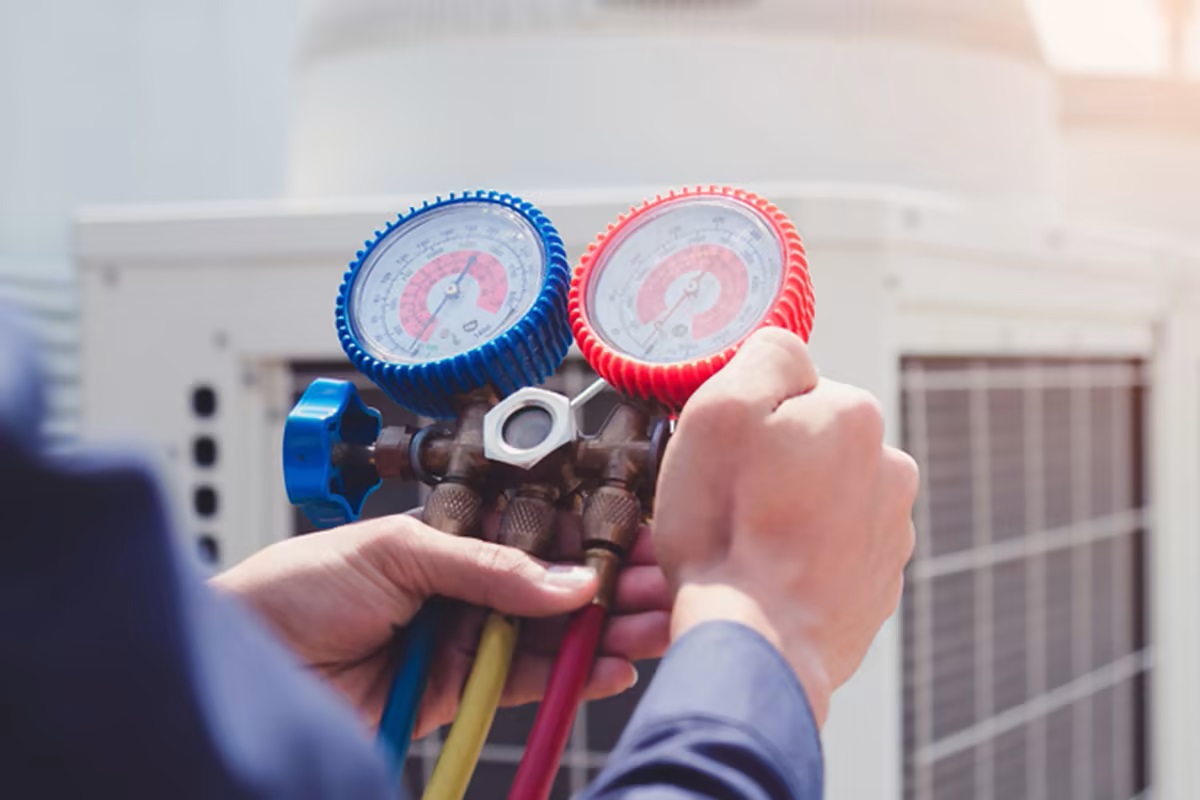
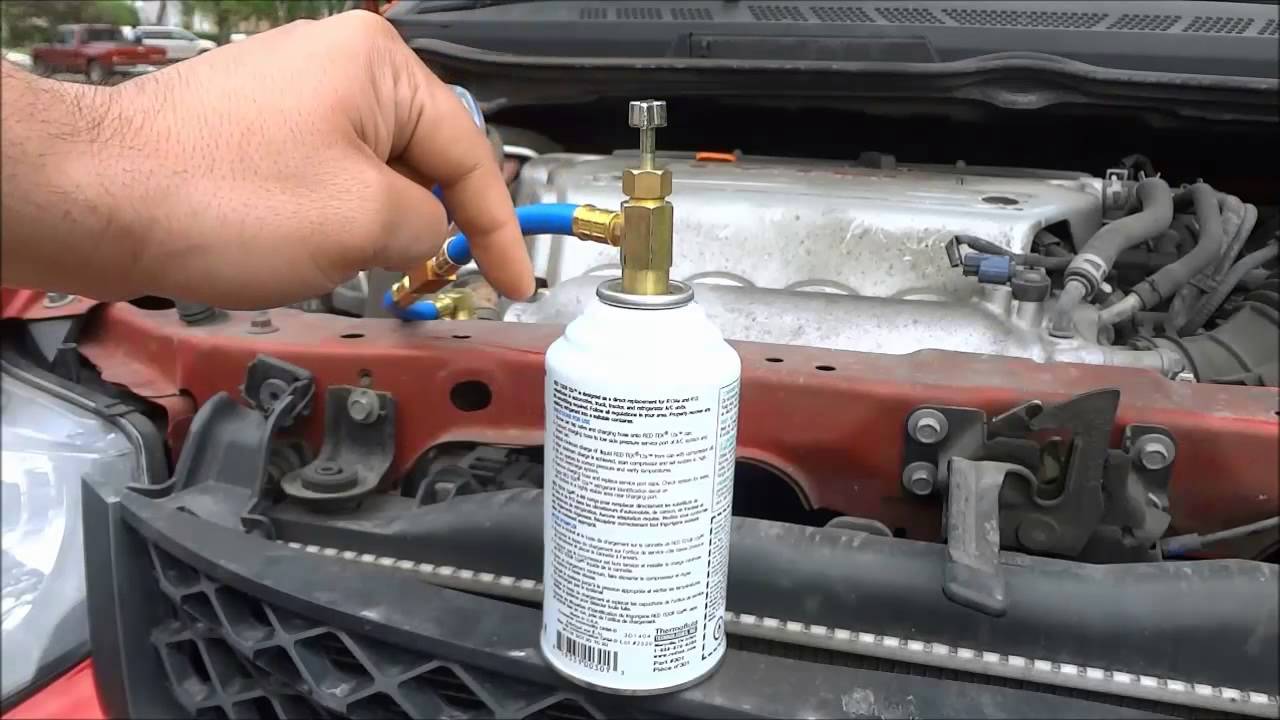
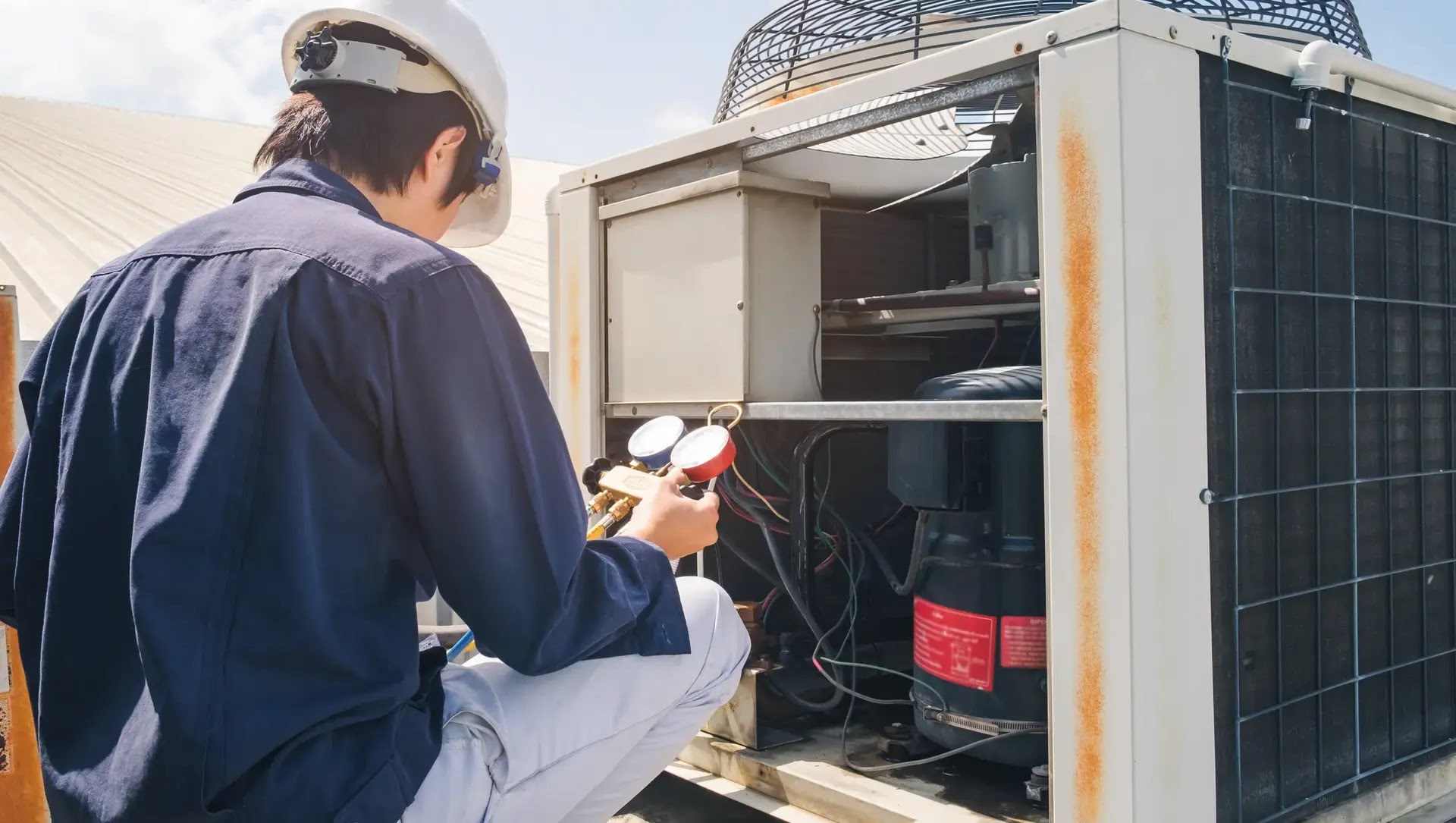
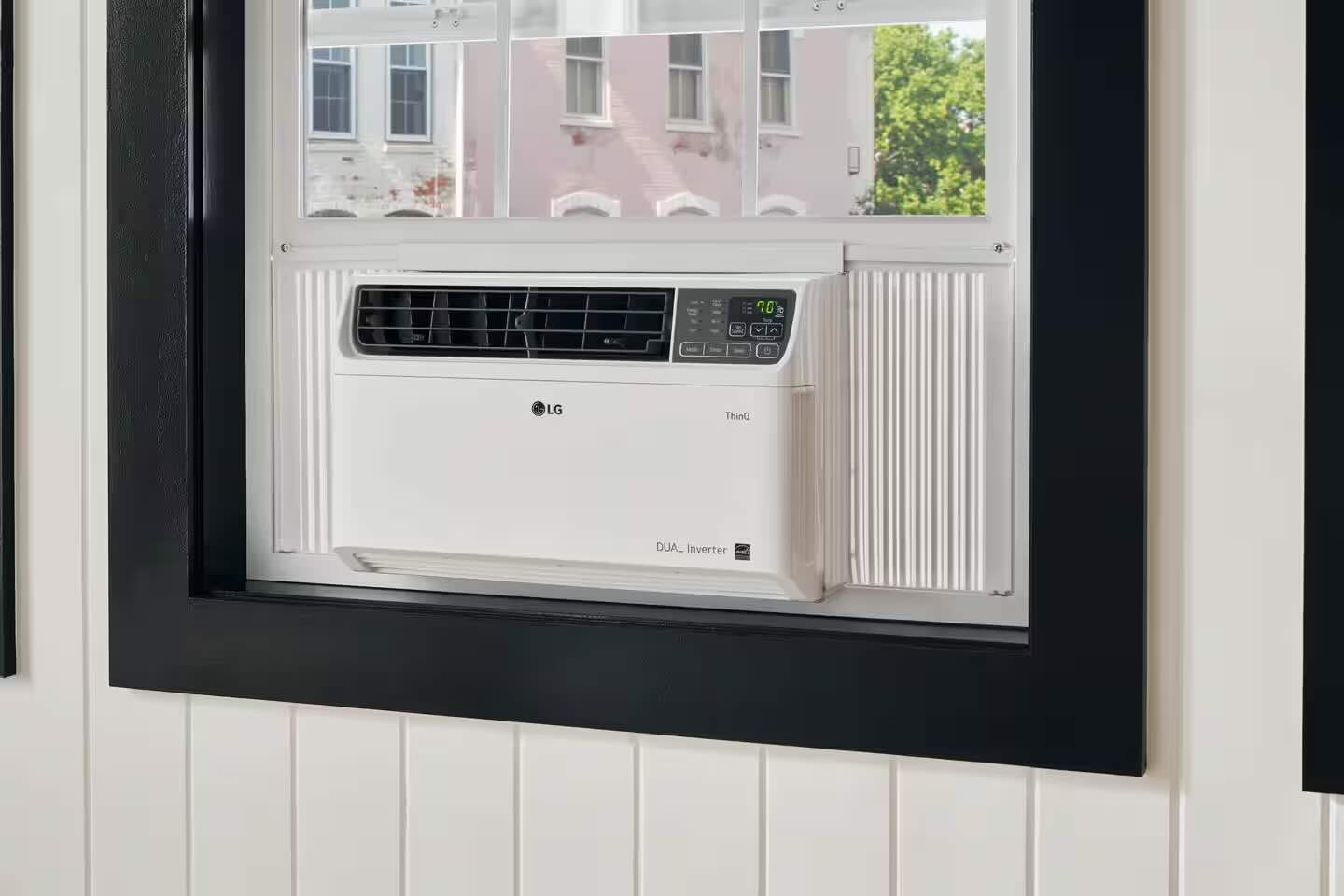
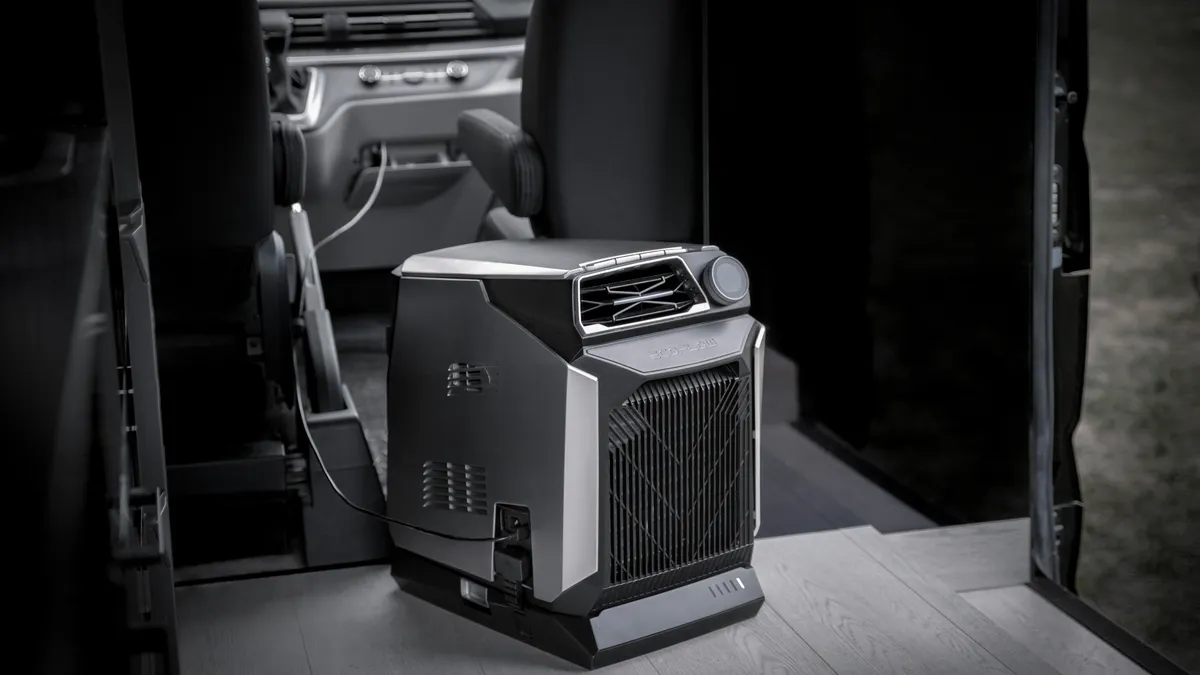

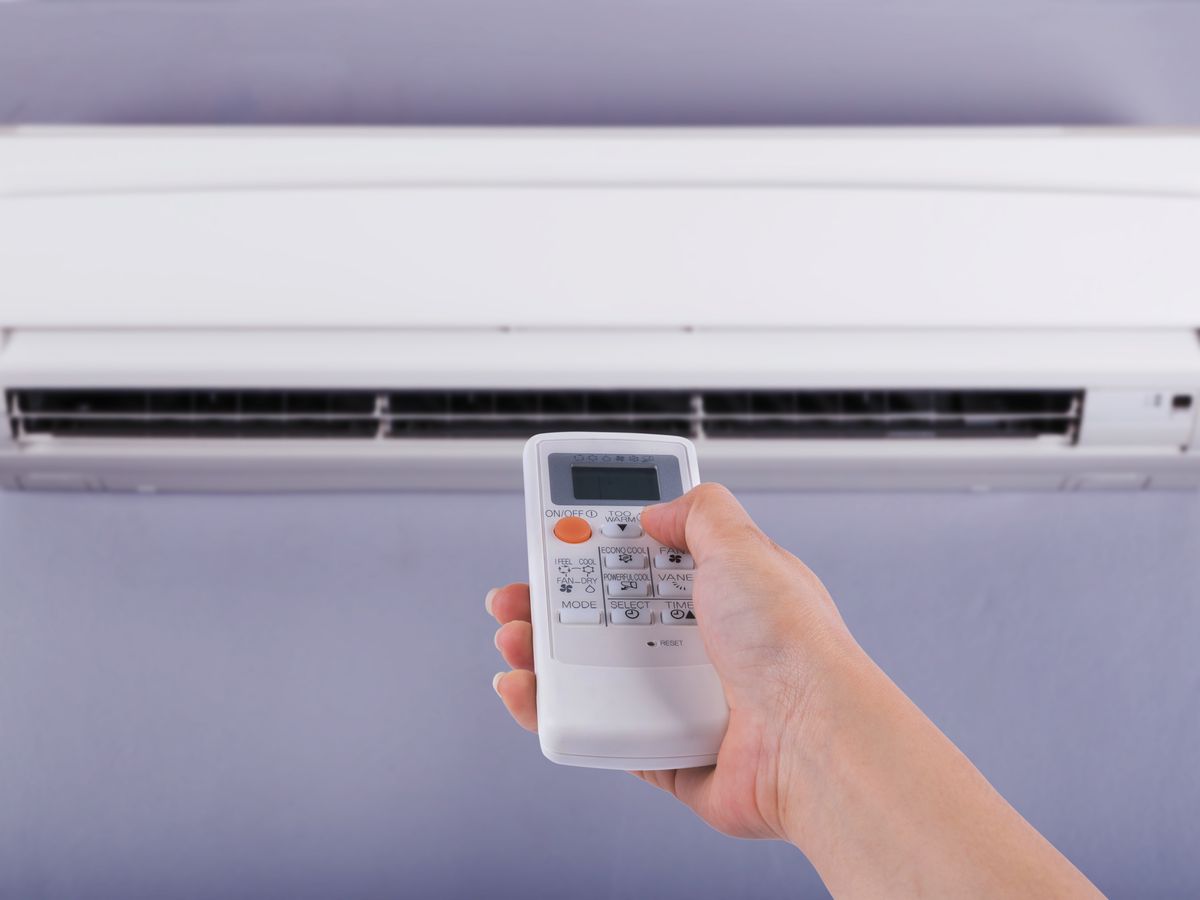
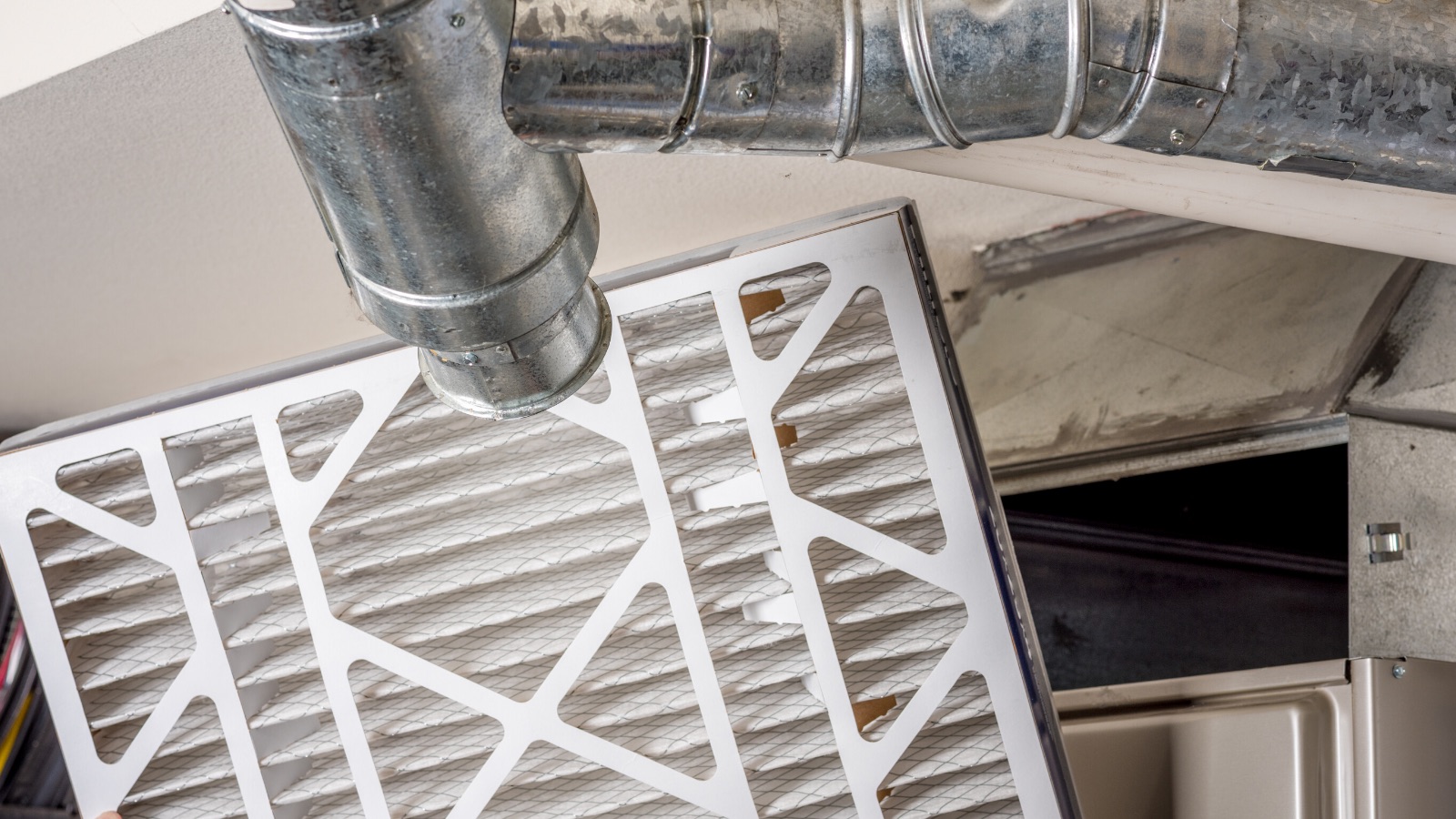
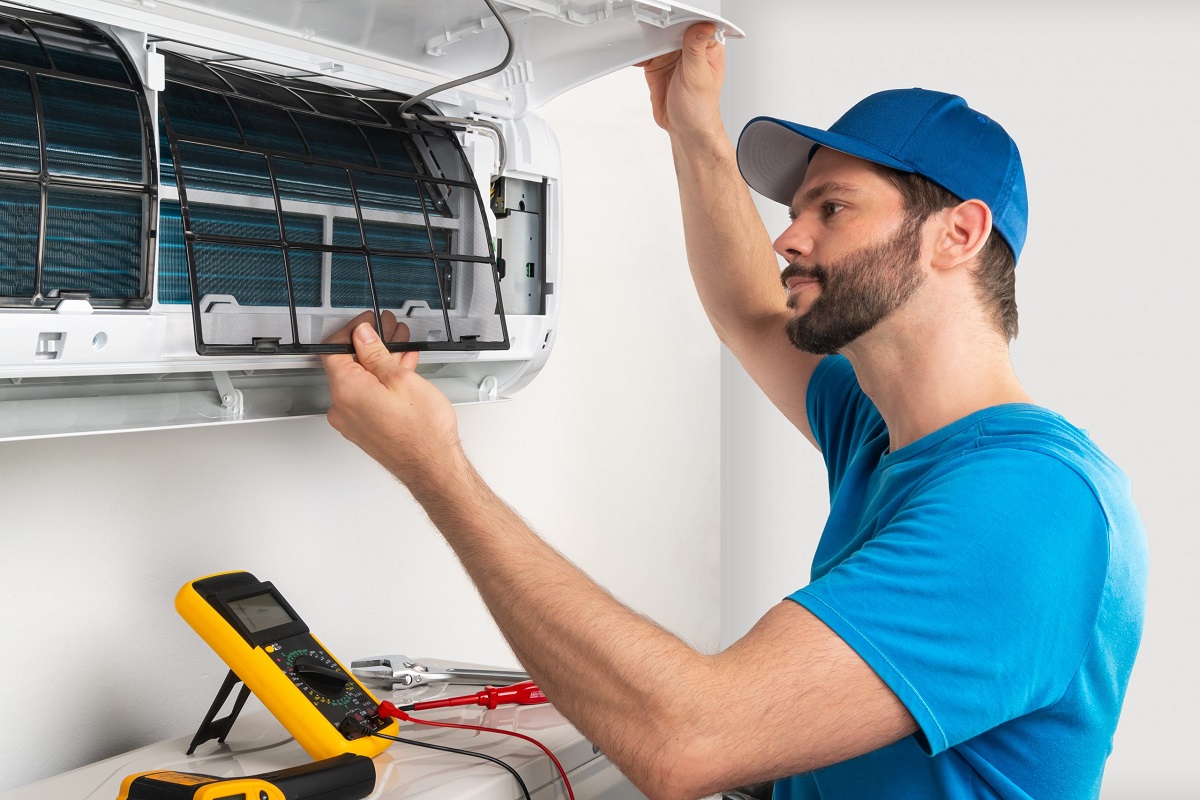
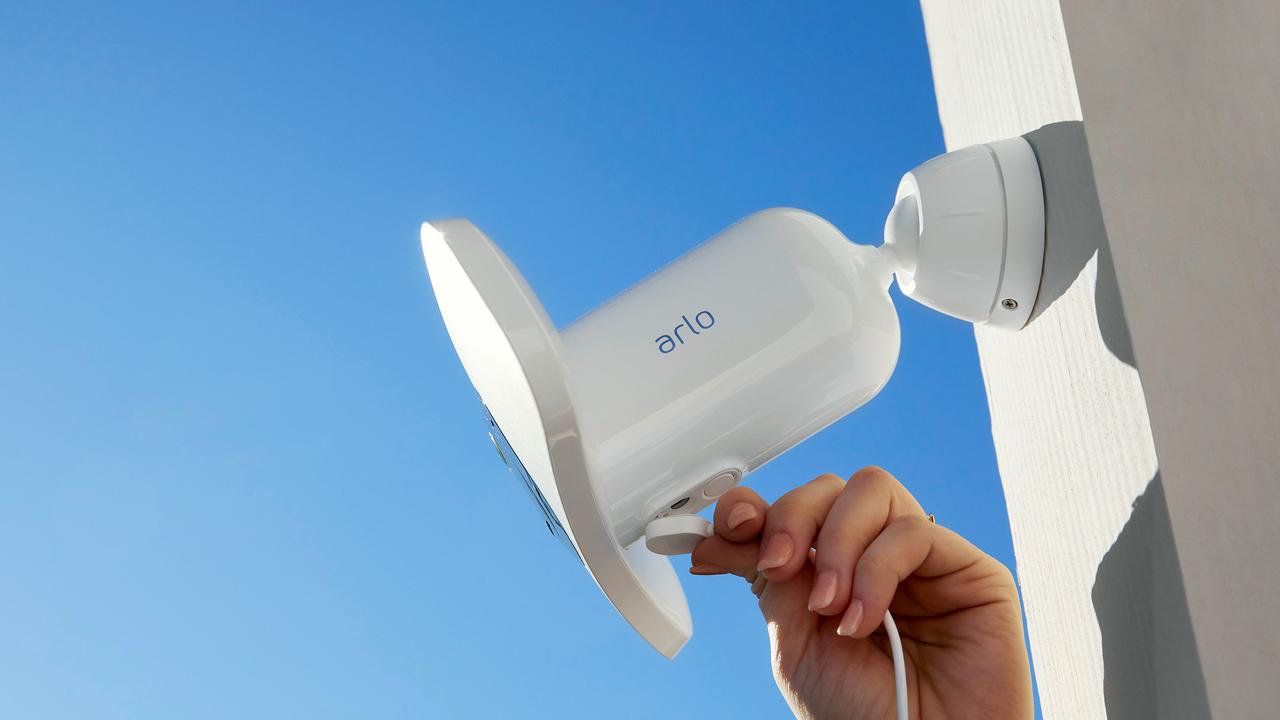

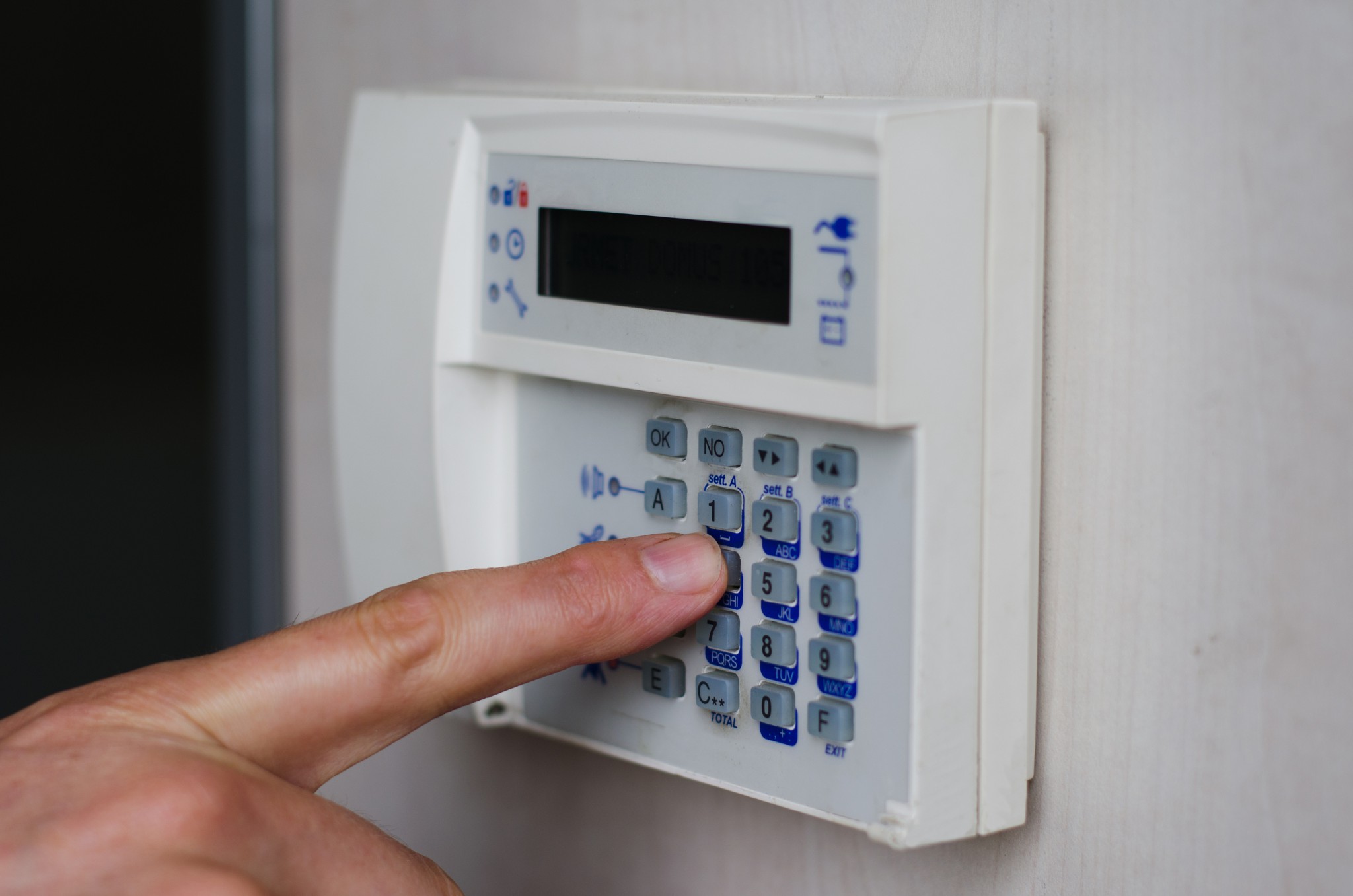
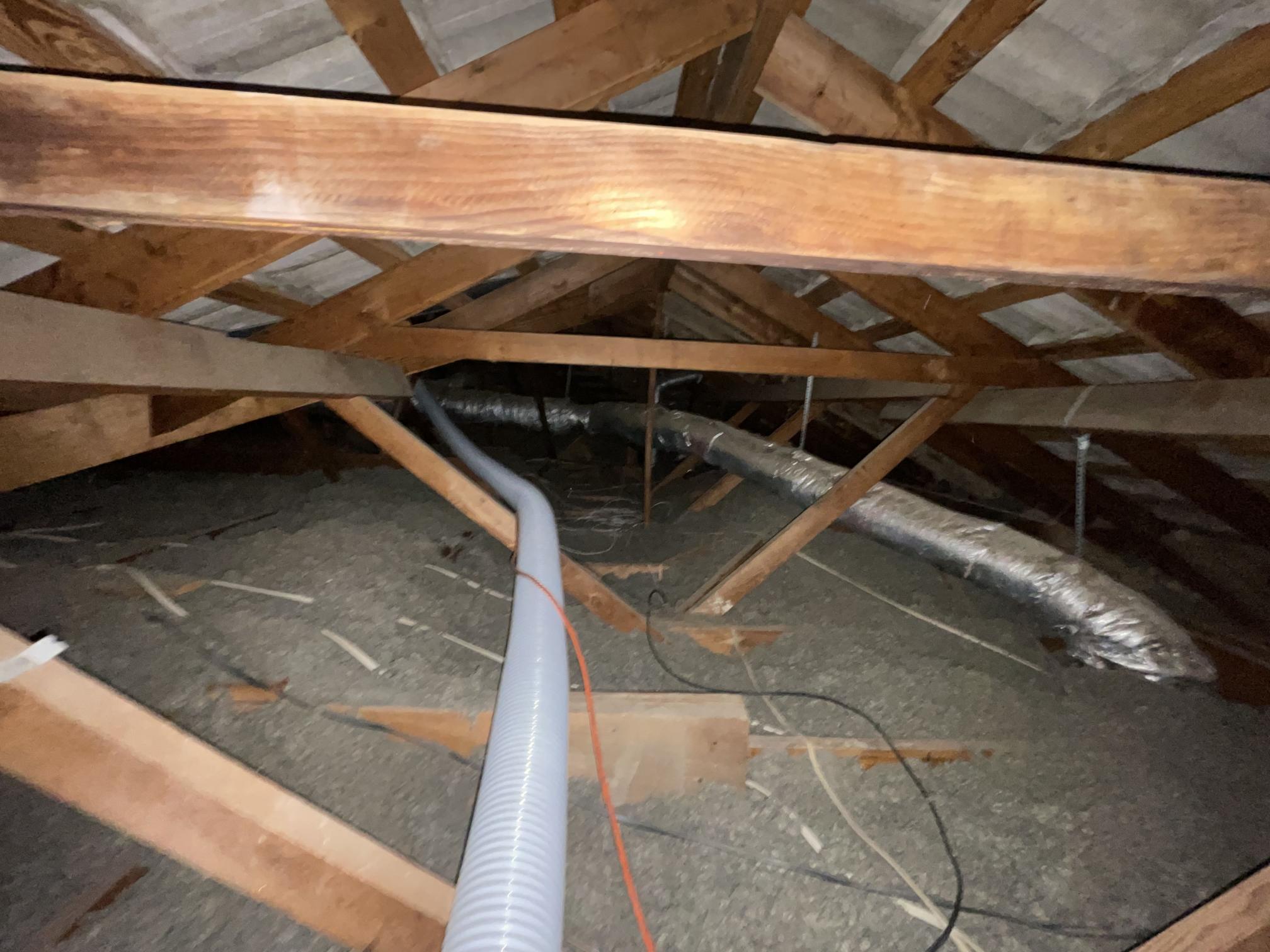

0 thoughts on “How Often To Recharge Home AC”